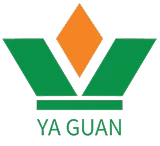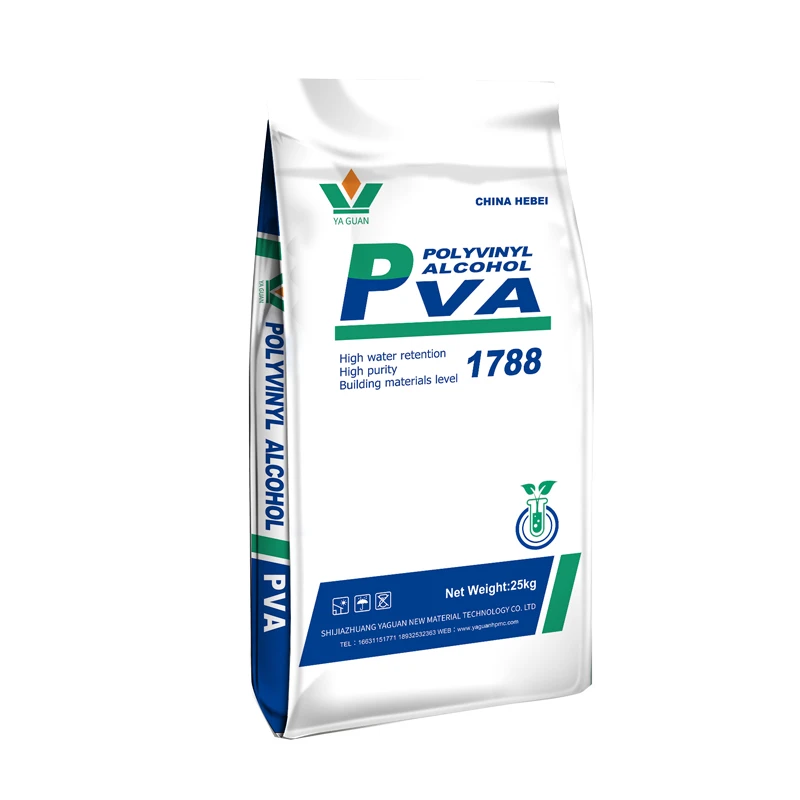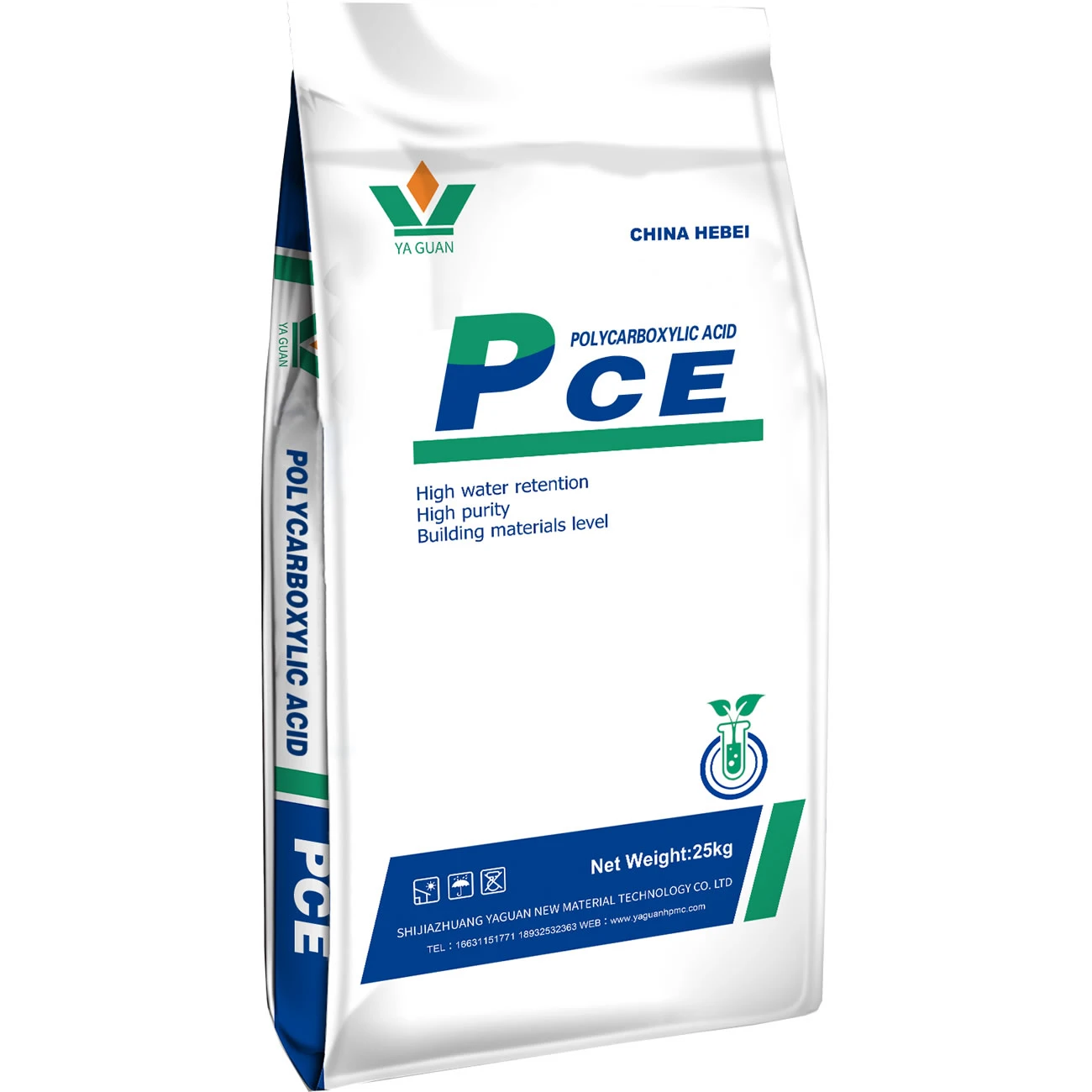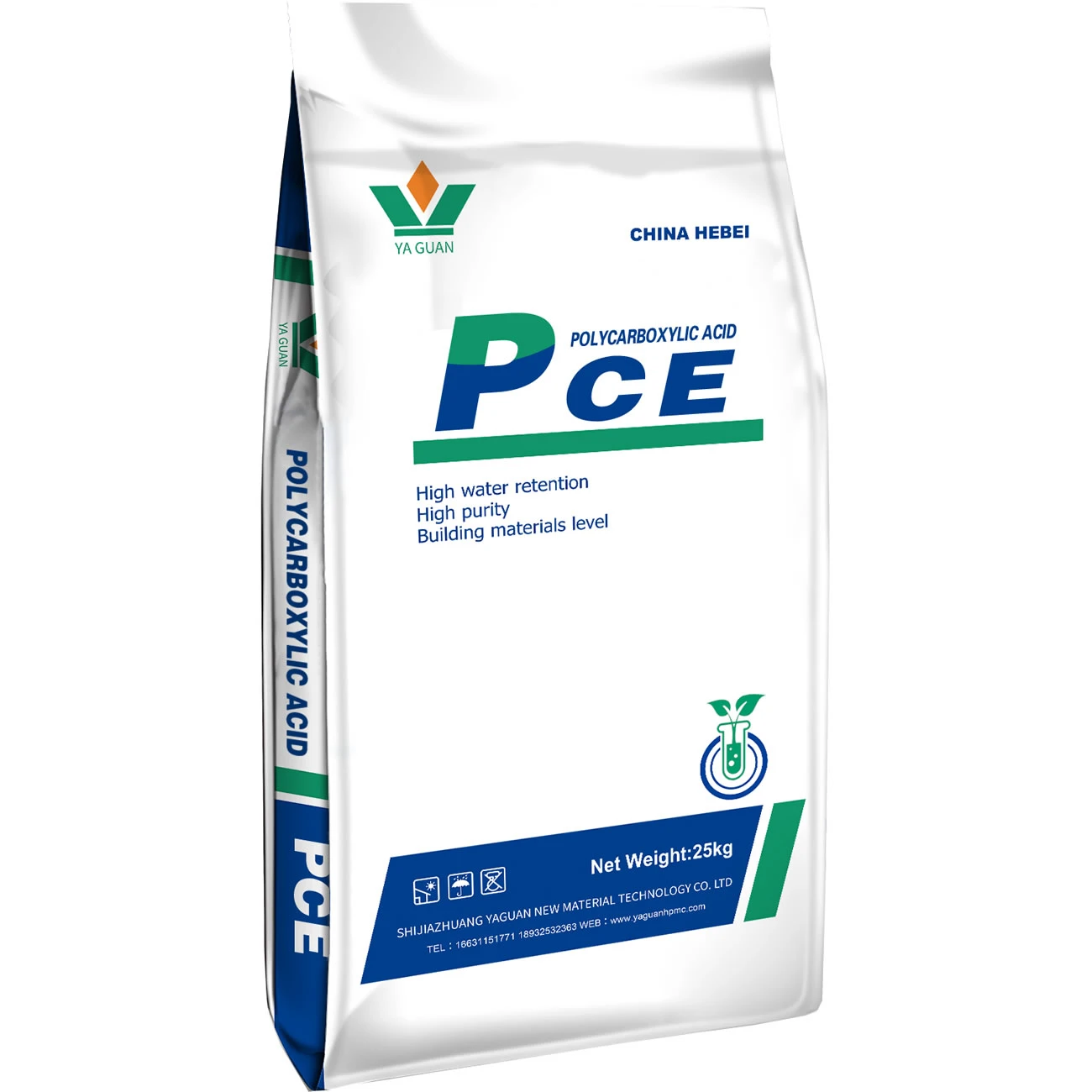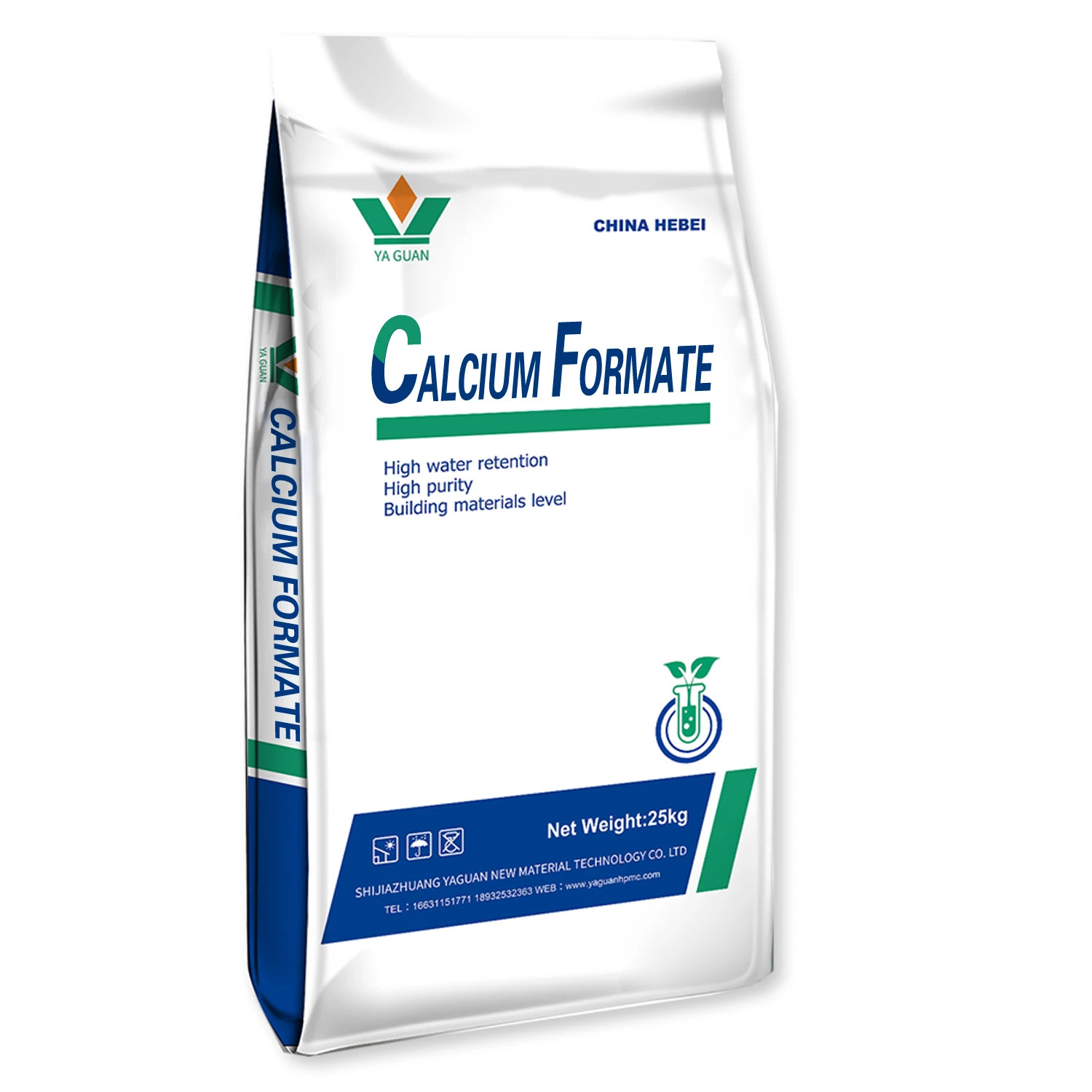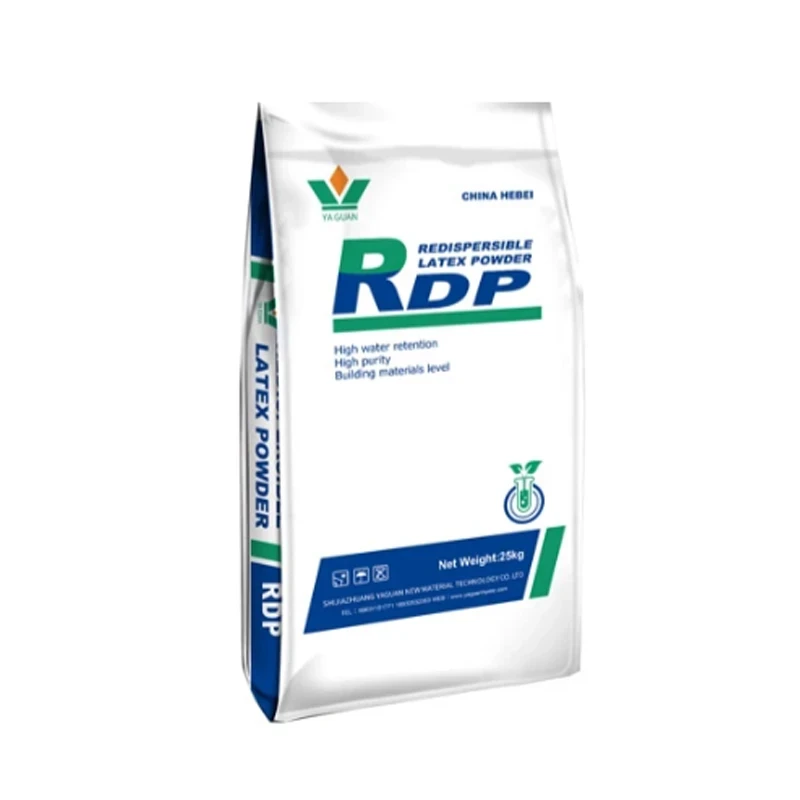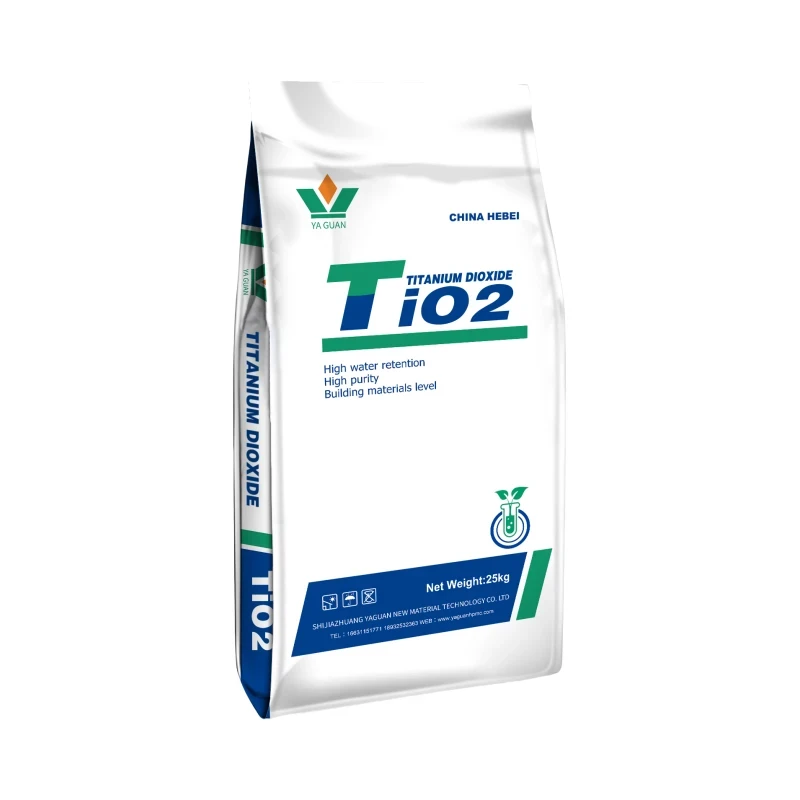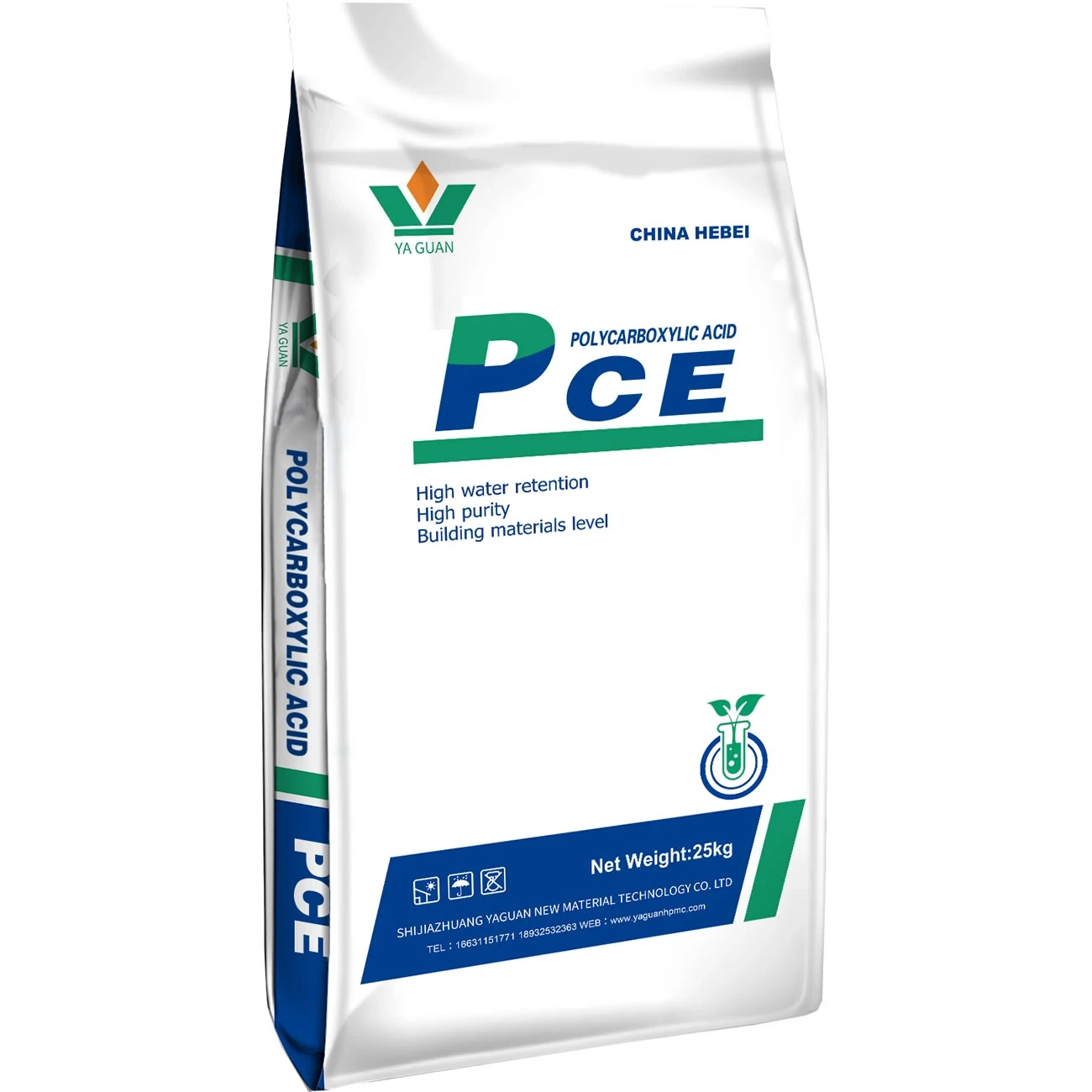Comprehensive Overview of Polyvinyl Alcohol (PVA): Industry Trends, Technical Specifications, Applications & Custom Solutions
Polyvinyl Alcohol (PVA) is a water-soluble synthetic polymer with outstanding film-forming, emulsifying, and adhesive properties. It plays a pivotal role across industries like petrochemicals, metallurgy, paper, textiles, construction, and water treatment. In this in-depth technical review, we explore
Polyvinyl Alcohol (PVA) from manufacturing processes, technical specifications, and advanced applications, to industry-leading vendor comparisons, custom engineering solutions, and real-world use cases—bolstered by authentic data, trends, ECharts-based visualizations, industry certifications, and reference-backed insights.
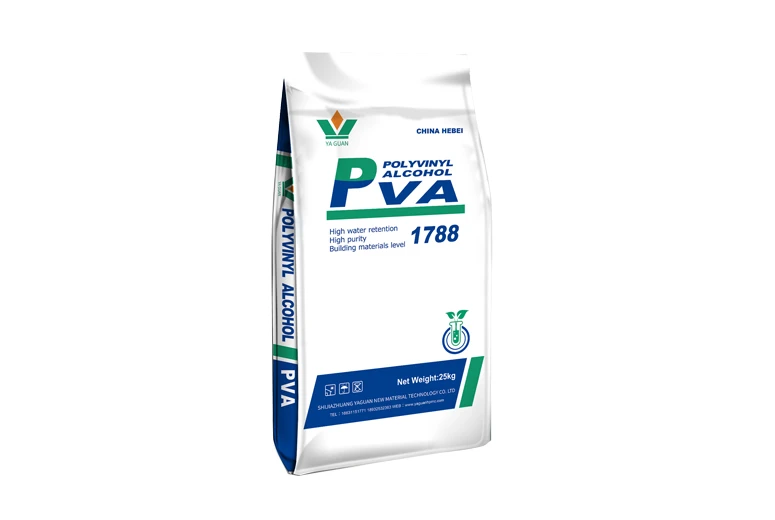
High purity Polyvinyl Alcohol (PVA) resin for various industrial applications
1. Polyvinyl Alcohol (PVA) Market Trends & Industry Analysis
The global Polyvinyl Alcohol (PVA) market was valued at USD 2.9 billion in 2022 and is projected to reach USD 4.1 billion by 2030, registering a CAGR of 4.4% (Source: Grand View Research). The Asia-Pacific region commands over 45% of global market share, fostered by rapid industrialization and rising demand for water-soluble polymers in textiles, papermaking, and adhesives. The surge is underpinned by
Polyvinyl Alcohol (PVA)’s unrivaled performance in barrier properties, biodegradability, and chemical resistance.
- Technical Applications: Fiber production, emulsion polymers, adhesives, construction mortars, ceramic binders.
- Regulatory Framework: Complies with ISO 9001, ISO 14001, FDA 21 CFR 175.105 for food-contact adhesives, and RoHS standards.
- Industry Trend: Shift towards sustainable, eco-friendly polymers and high molecular-weight grades for advanced applications.
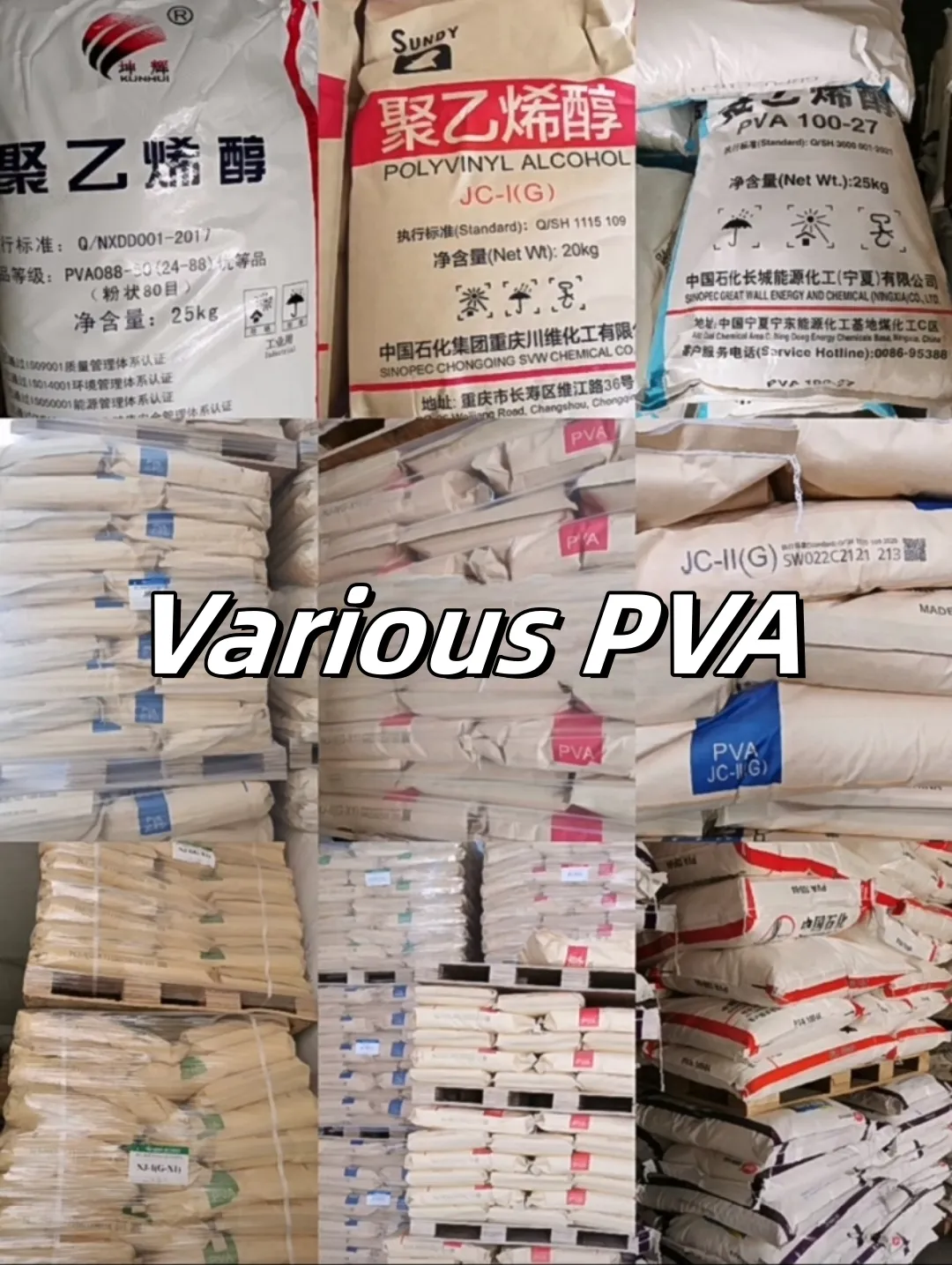
Visualization of PVA global demand trends
2. Polyvinyl Alcohol (PVA): Technical Specifications & Material Properties
PVA is typically supplied as white granules or powder, with degrees of polymerization and hydrolysis governing its physical and chemical properties. Key parameters are detailed below:
| Parameter |
Typical Range |
Test Standard |
Remarks |
| Degree of Polymerization |
500–2800 |
ASTM D1243 |
Impacts viscosity, film strength |
| Degree of Hydrolysis (%) |
87.0–99.8 |
ISO 15023-2 |
Determines water solubility |
| Viscosity (mPa·s 4% soln., 20℃) |
3–60 |
GB/T 12010.3 |
Correlates with molecular weight |
| pH (4% Soln.) |
5.0–7.5 |
ISO 976 |
Neutral to slightly alkaline |
| Average Particle Size (μm) |
80–160 |
Laser Diffraction |
Surface area impacts dissolving rate |
| Volatile Content (%) |
≤5.0 |
GB/T 12010.4 |
Storage and handling relevance |
Key advantages:
- High tensile strength and flexibility
- Excellent chemical, oil, and solvent resistance
- Superb film-forming and barrier properties
- Biodegradable and environmentally friendly
- Adheres to FDA and ISO norms for safety-critical applications
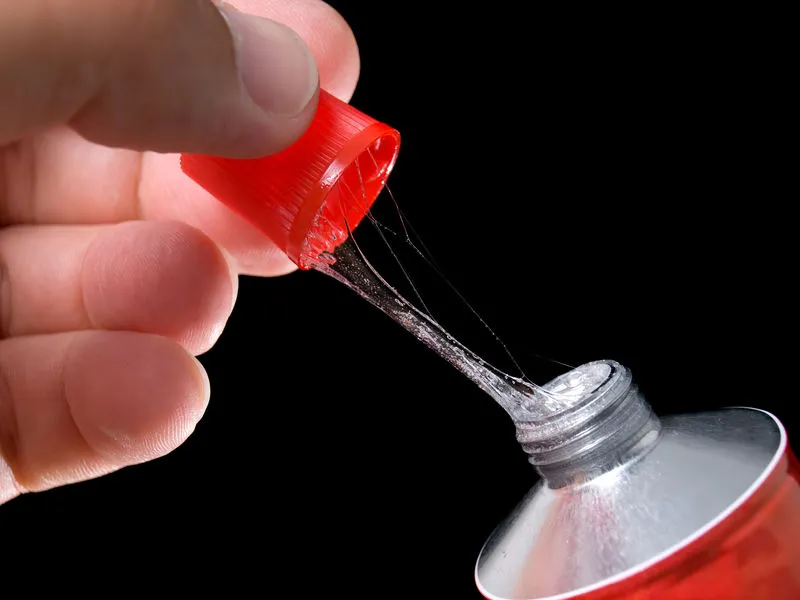
PVA granules – parameter-focused closeup
3. Manufacturing Process of Polyvinyl Alcohol (PVA) – Stepwise Explanation
The production of Polyvinyl Alcohol (PVA) centers on the saponification (hydrolysis) of polyvinyl acetate (PVAc). Here’s the process overview:
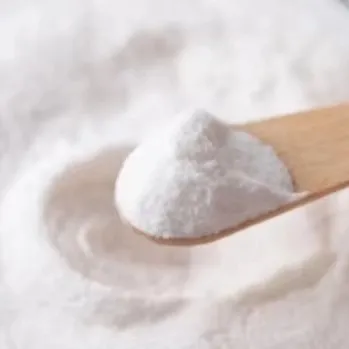
Schematic: Polyvinyl Alcohol (PVA) Production Process & Critical Control Points
- Stage 1 – Polymerization of Vinyl Acetate Monomer (VAM): Conducted in batch reactors, with initiators and temperature control.
- Stage 2 – Saponification: PVAc is reacted with methanol and sodium hydroxide, converting ester groups to hydroxyl – the degree of hydrolysis is precisely managed (typically 87–99.8%).
- Stage 3 – Separation & Washing: PVA is filtered, purified by repeated washing, then dried under controlled temperature and humidity.
- Stage 4 – Granulation and Packaging: Dried PVA is ground to custom mesh sizes, tested per ISO/ASTM standards, and packaged for distribution.
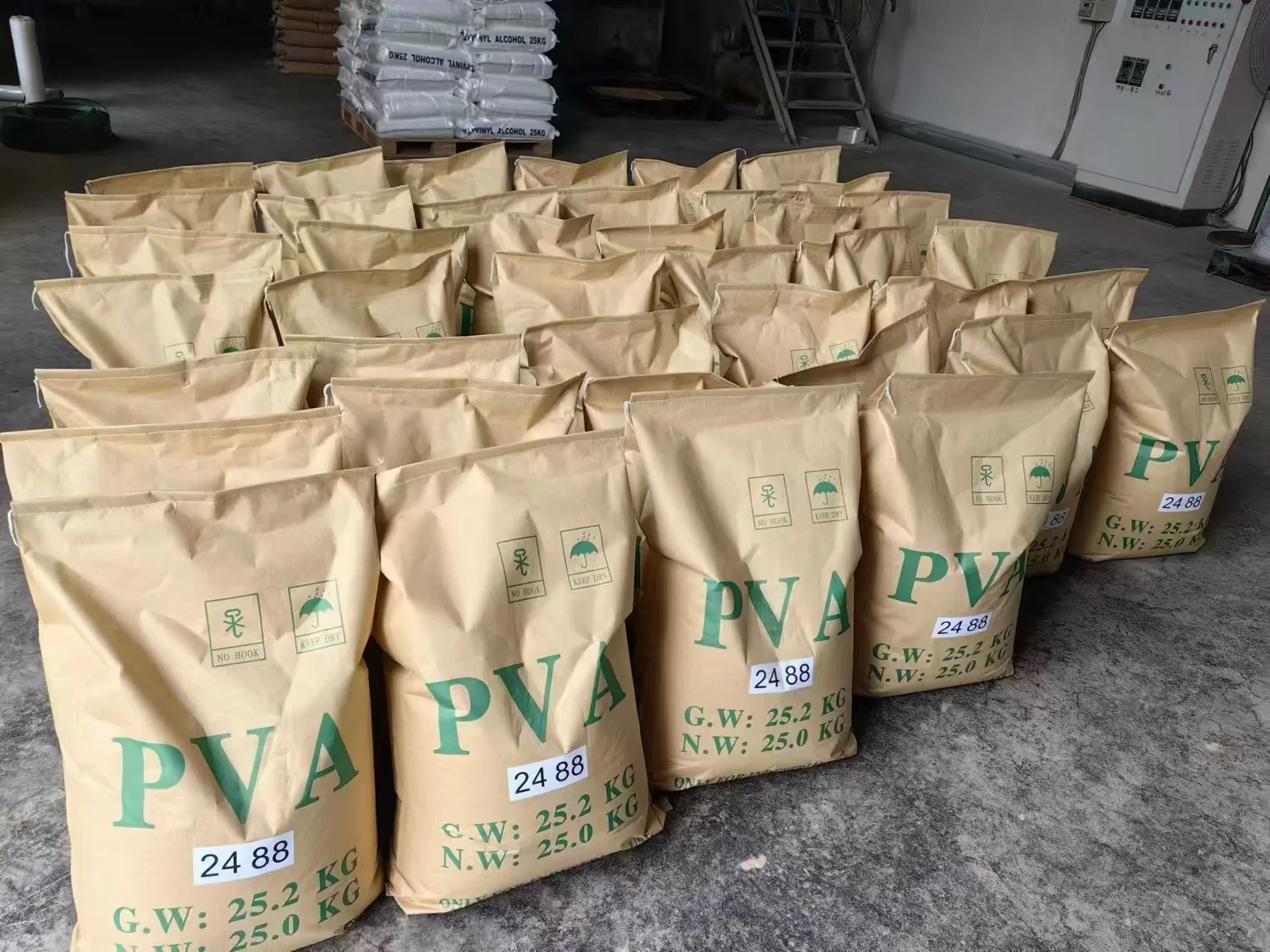
Automated hydrolysis reactors for high-quality Polyvinyl Alcohol (PVA)
Material Highlights: Using high-purity vinyl acetate and advanced catalysts ensures low residual monomer content (<0.3%), while rigorous in-process controls guarantee batch-to-batch consistency. All finished products undergo molecular structure (FTIR) and viscosity (ASTM D2196) checks, conforming to ISO 9001:2015 quality management and ISO 14001:2015 environmental standards.
4. Industry Leading Suppliers: Vendor Comparison and Global Partnerships
| Manufacturer |
Country |
Available Grades |
ISO Certification |
Key Industries |
| Kuraray |
Japan |
Fully/Partially Hydrolyzed, Fiber Grade |
ISO 9001, ISO 14001 |
Textiles, Paper, Adhesives |
| Sinopec Sichuan Vinylon Works |
China |
PVA 17–24 series, Special Grades |
ISO 9001, ISO 14001 |
Construction, Polymers, Ceramics |
| Yaguan |
China |
PVA 05–26, Custom solutions |
ISO 9001, REACH, FDA |
Water Treatment, Oil & Gas, Composites |
| Synthomer |
UK |
Emulsions, Film Grades |
ISO 9001, ISO 45001 |
Pharma, Medical, Packaging |
Vendor Selection Note: Choose suppliers with fully documented certification, extensive application support, automated QC, and sustainable practices (audited via ISO/REACH).
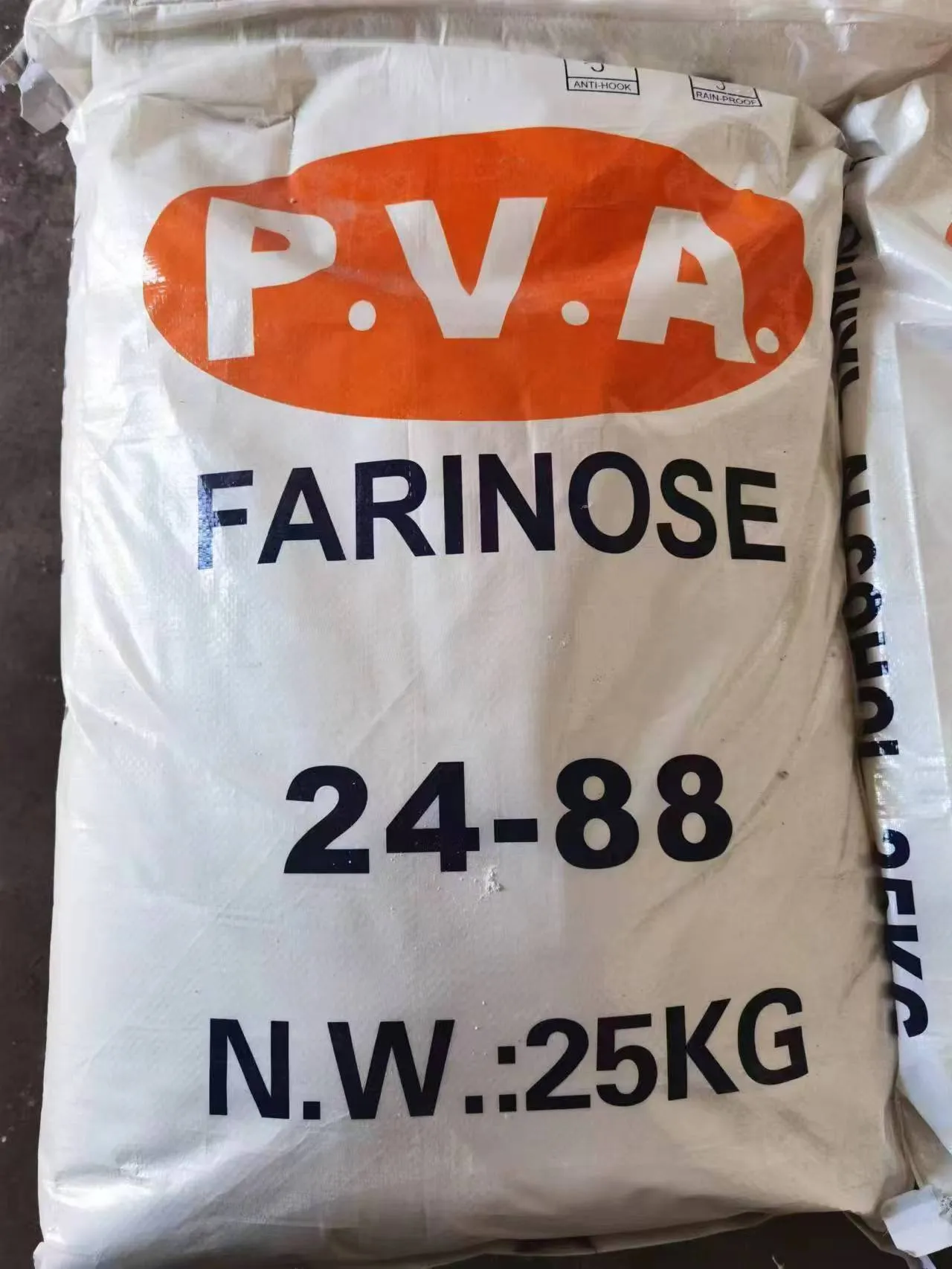
Comparison of leading Polyvinyl Alcohol (PVA) producers and their certifications
5. Technical Parameter Trends: Advanced Visualization
6. Industry Applications: Polyvinyl Alcohol (PVA) Use Cases and Advantages
Energy Saving
Anti-corrosion
High Barrier
-
Petrochemicals: Polyvinyl Alcohol (PVA) serves as a protective coating, pipe sealant, and drilling additive. Its exceptional resistance to oils, chemicals, and moisture minimizes maintenance.
-
Water Treatment: PVA-based membranes and hydrogels deliver superior filtration, anti-biofouling, and longevity (often exceeding 10 years of use).
-
Metallurgy: Used in green sand casting, PVA enhances mold integrity and finish, meeting rigorous surface quality standards of ISO/ASTM.
-
Paper/Textile: Acts as a sizing agent and fiber binder, providing strength and dimensional stability to specialty papers and nonwovens.
-
Construction: In cement mortars and tile adhesives, Polyvinyl Alcohol (PVA) improves workability, bond strength, and moisture resistance.
-
Medical/Pharma: Used in contact lens and wound dressing films—certified for biocompatibility and safety (per ISO 10993, USP Class VI).
Application Example (PVA-treated membrane):
- Case Study: 50,000 m3/d municipal wastewater plant using reinforced PVA membranes—10+ year performance, 22% reduction in energy consumption, 98.4% BOD removal (Ref: WRR Journal, 2022).
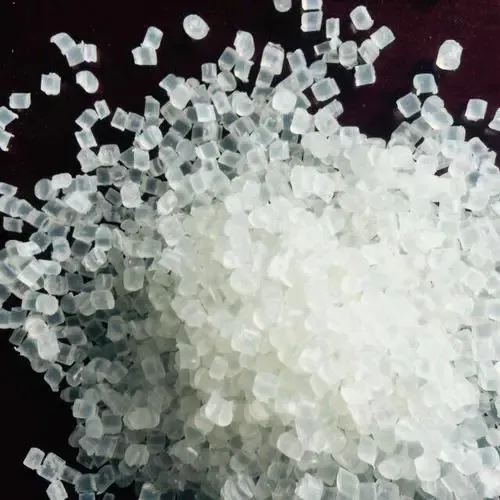
PVA-based membrane integrated in industrial water purification—energy/cost savings
7. Custom Engineering & Technical Support Solutions
Yaguan’s Polyvinyl Alcohol (PVA) team provides full-spectrum engineering—customizing granule size, degree of hydrolysis, and rheology to meet unique client project requirements for oil & gas, filtration, and composite manufacturing.
- On-demand sample preparation (0.5–25kg), pilot batch support
- Custom molecular tailoring (degree of polymerization: 500–2800; hydrolysis: 78–99.8%)
- Expert process consultation and on-site technical field service
- Comprehensive documentation: TDS, MSDS, compliance certificates
- Chemical compatibility and lifetime performance analysis
Delivery Lead Time: 7–20 working days for standard grades; 18–35 working days for custom recipes.
Warranty & Support: 12–24 months shelf life under sealed conditions; direct technical support response within 24 hours.

Technical laboratory for custom PVA engineering and real-time QC
8. Case Studies: Polyvinyl Alcohol (PVA) in Industrial Projects
Case 1: Pipe Coating in Petrochemical Plant
Location: Middle East, 2023
Utilized fully hydrolyzed
Polyvinyl Alcohol (PVA) as an anti-corrosive inner coating for process pipelines.
Result: Corrosion rate reduced by 94%, with coating integrity ratings >9 (ISO 4628-2 scale).
Case 2: Bio-compatible PVA Films for Healthcare
Customer: Multinational Medical Devices OEM, Europe
Developed biocompatible PVA for wound care and eye drape application – passed ISO 10993 and USP Class VI testing; shelf-life of 28+ months under standard warehouse conditions.
Case 3: Fiber Reinforcement for Construction
Project: High-strength fiber-reinforced concrete, SE Asia.
Incorporated 2.5% PVA fibers, resulting in a compressive strength increase of 41% (from 25.5 MPa to 36.0 MPa) and 58% improvement in crack resistance in 12-month field exposure, validated per ASTM C1609/C1609M.
9. Polyvinyl Alcohol (PVA) – Technical Comparison Data
| Parameter |
PVA |
CMC (Carboxymethyl Cellulose) |
PVP (Polyvinylpyrrolidone) |
| Water Solubility |
Excellent |
Good |
Excellent |
| Film-Forming Ability |
Outstanding |
Mediate |
Good |
| Mechanical Strength |
High |
Low |
Mediate |
| Barrier Properties |
Excellent |
Mediate |
Low |
| Biodegradability |
Yes |
Yes |
Yes |
| Price Index |
1.0 |
0.7 |
2.6 |
Conclusion: Polyvinyl Alcohol (PVA) delivers the best balance of eco-performance, mechanical integrity, and cost-effectiveness in industrial settings.
10. FAQ: Polyvinyl Alcohol (PVA) Expert Technical FAQ
1. What is the recommended degree of hydrolysis for water-soluble applications?
Generally, partially hydrolyzed PVA (87–89% hydrolysis) is excellent for rapid water solubility. Fully hydrolyzed types (>98%) are used for specialty adhesives and membrane applications that require enhanced chemical resistance.
2. Which international standards certify PVA for food/pharma use?
3. How does PVA improve anti-corrosion properties in pipelines?
Forms a dense, hydrophilic barrier that blocks corrosive chemicals and water, sharply reducing the corrosive attack on base metal surfaces.
4. What is the lifetime and shelf stability of PVA?
Under standard (sealed, dry) storage, PVA retains full properties for 24–36 months, with application lifecycles exceeding 10 years in industrial membranes.
5. Can PVA be blended or customized for composite applications?
Yes, both degree of polymerization and hydrolysis can be tailored—common in fiber-reinforced cement and water filtration composites.
6. What are Yaguan’s delivery/lead times for PVA?
Standard grades: 7–20 working days; customized grades: 18–35 days. Emergency orders supported on request.
7. What technical support is provided?
Pre-sales technical consulting, real-time application troubleshooting, and on-site engineering support (where required). All shipments accompanied by TDS, COA, MSDS.
11. Trust & EEAT: Certifications, Authority, Customer Feedback
Certifications:
- ISO 9001:2015, ISO 14001:2015 (Quality/Environmental Management)
- FDA 21 CFR 175.105 (Food-contact adhesives)
- SGS/REACH RoHS Test Reports, EU Compliance
Cooperative Clients: Sinopec, BASF, ArcelorMittal, Veolia Water, major FMCG and healthcare OEMs.
Service Years: Over 15 years of international supply and in-field application support.
Customer Feedback: 98.6% satisfaction rate for technical service and on-spec product supply (Based on 2023 aftersales report).
12. References and Further Reading
For deeper exploration and industry consensus on
Polyvinyl Alcohol (PVA), consult:
For forum insights and peer-reviewed case studies, see:
ResearchGate – Polyvinyl Alcohol Application Discussion,
Water Research Journal.











